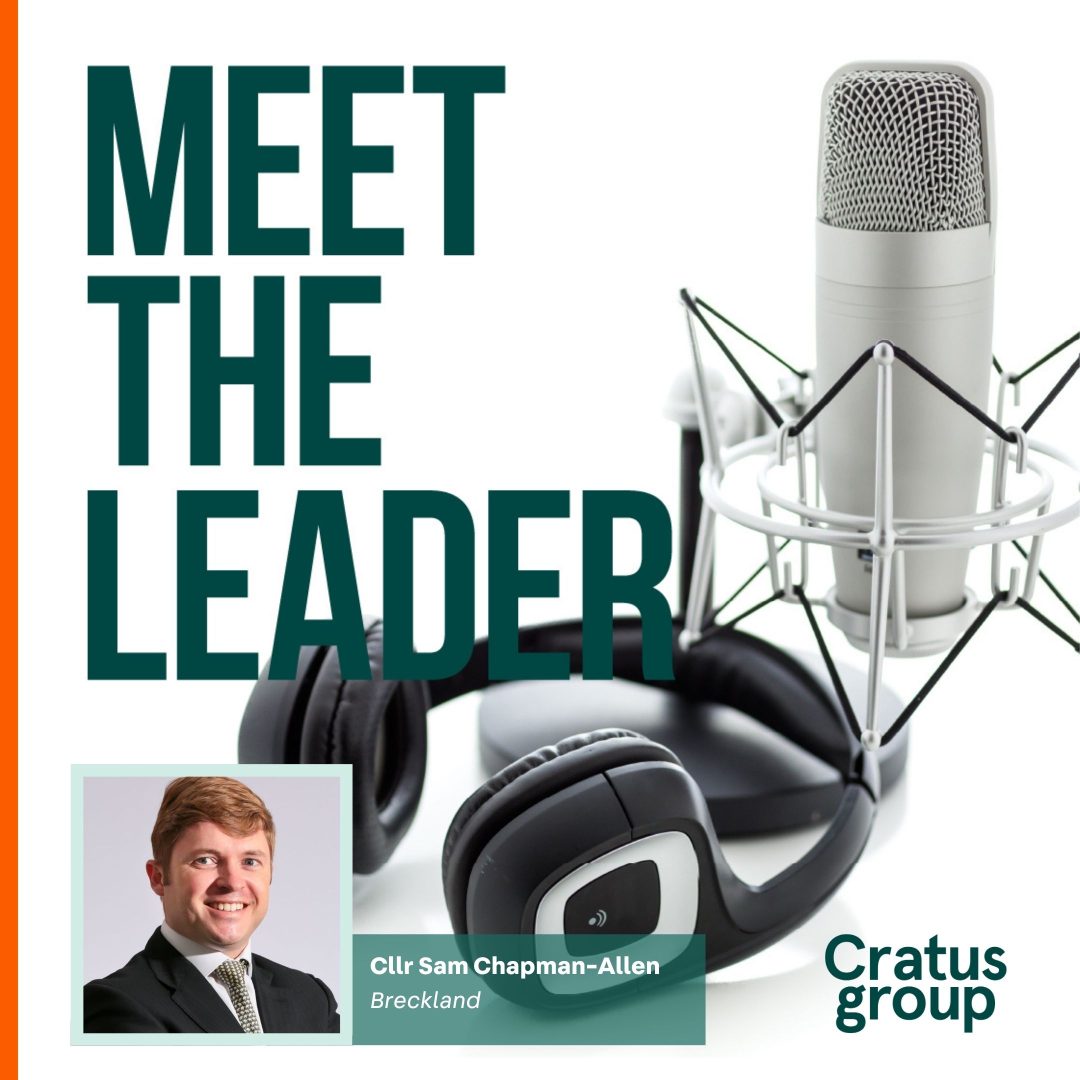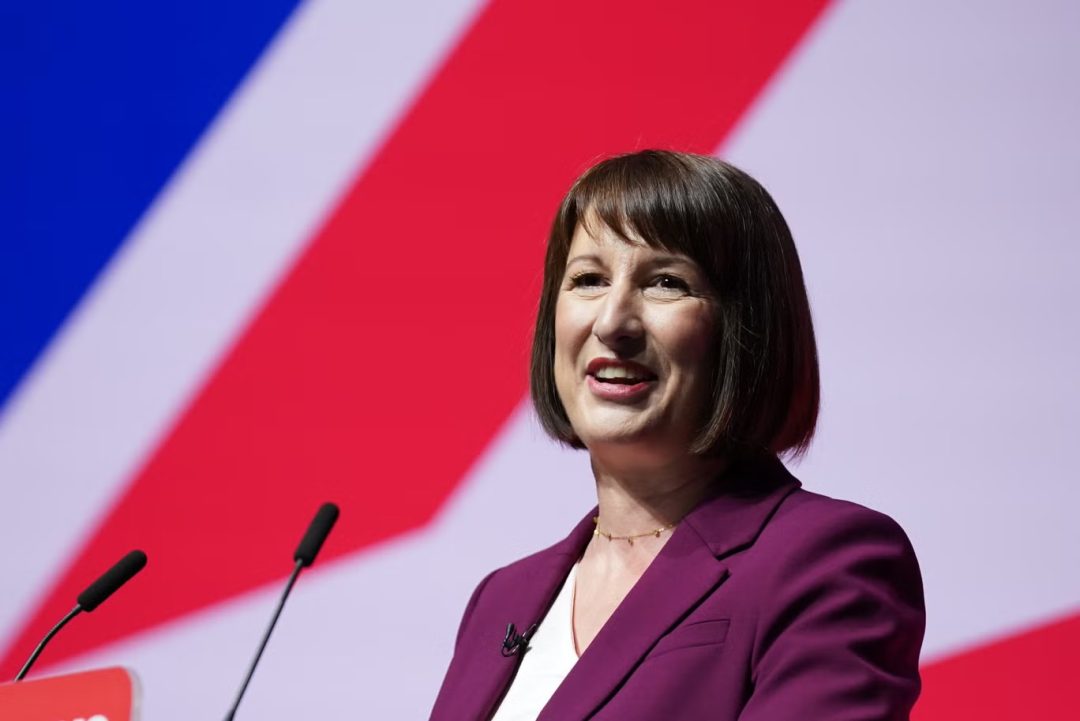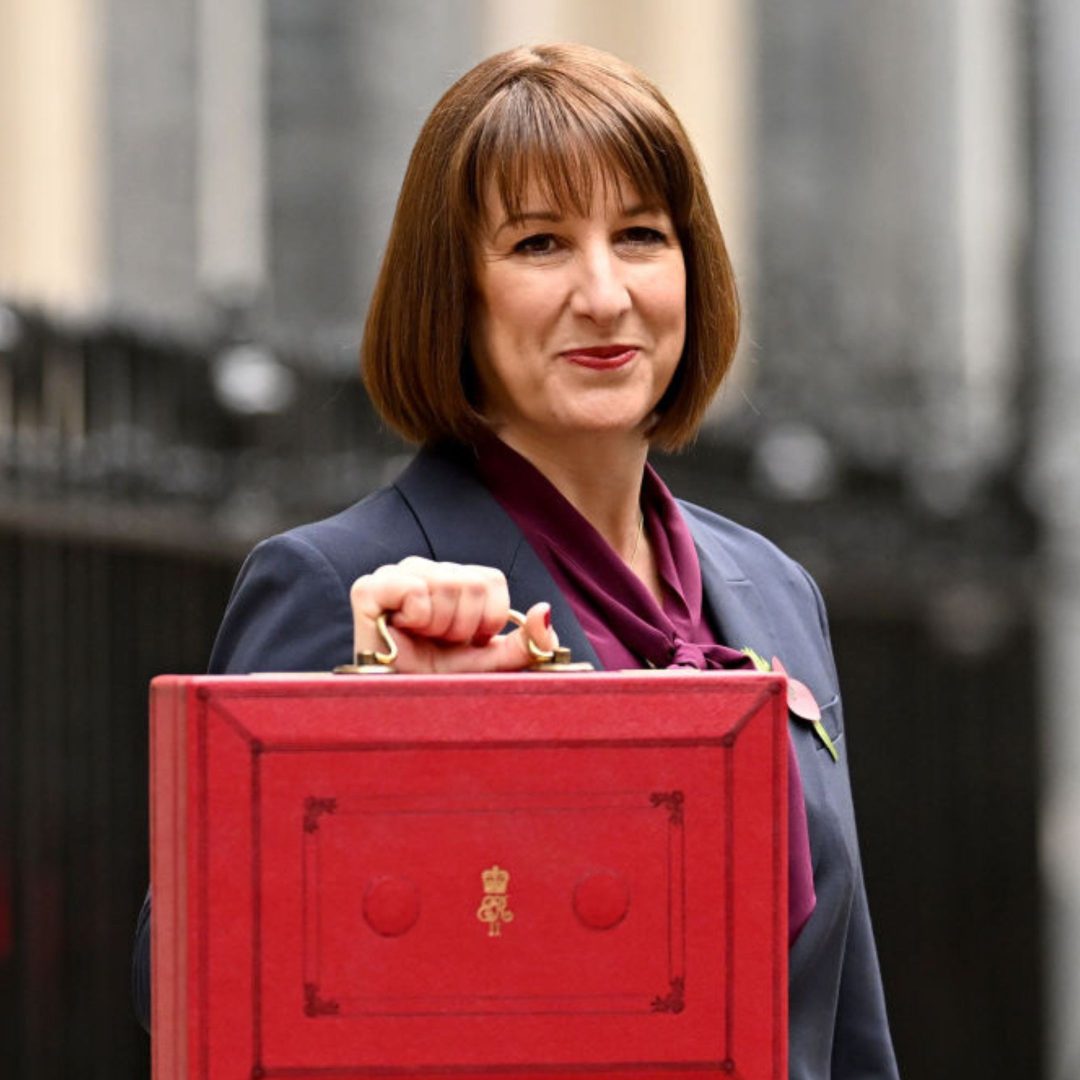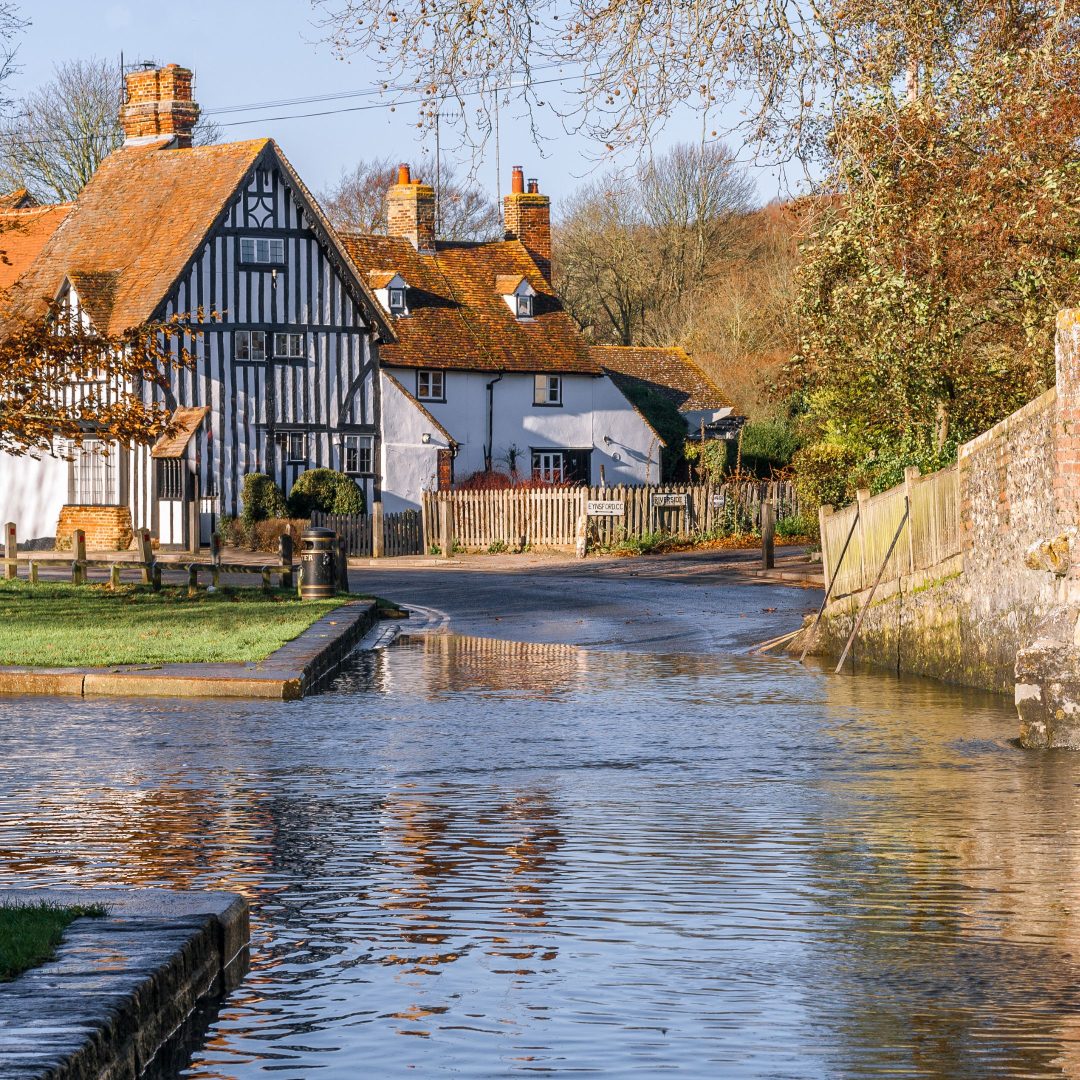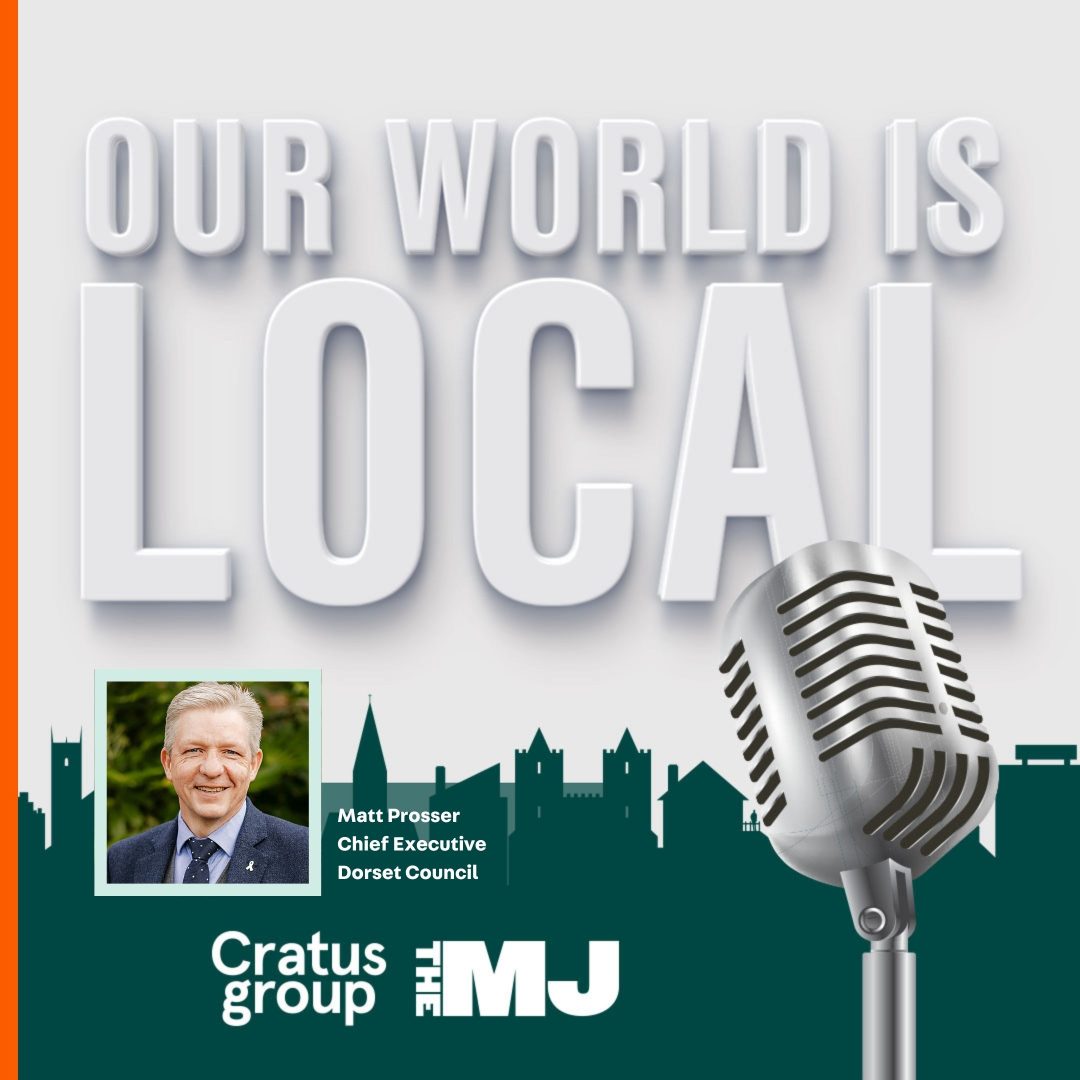Mayor of what? Importance of Mayoral Elections
It’s trendy of late within certain political circles to take a rather disparaging view of the mayoralties both established and emerging across the UK. They’re practically local government, in some usually urban backwater (take this to mean that they are not Westminster), and nobody cares!
Now that last point is arguably true at present according to voter turnout data. Interest in the mayoral races currently underway in some of the most populous areas in the country outside of London is woefully low.
This might simply be because all of the Mayors seeking to administer multi-authority areas are treading new ground. Turnout for the first Mayoral election in London was poor but has since improved as voters became increasingly aware of quite what the Mayor of London did and could do. Unwelcomely, it has now started to plateau, but that’s another matter.
It might also be a question of perception. Unlike the States, the UK does not have a great tradition of Mayors who do much more than wear regalia and open fetes. Important though the task is, the ceremonial role is not governing, when you get home from work at 8pm, you’re unlikely to hoist yourself away from the sofa and get yourself down the polling station to cast a vote for someone to wear robes and cut ribbons.
We are also as a nation, proud haters of those who respond to the calling to undertake public service. Our suspicion of politicians is great, and our distaste for politicians being seen to create jobs for more politicians predictable.
So it’s looking rough for our new crop of Mayors – but no matter – because they’re going to take office and they’re going to get to work regardless of why the label or office of Mayor has a bit of a PR problem.
The question you could rightfully ask then, is what precisely will these new Mayors actually do and do they actually matter? The answer on the first point is yes and on the second it is two-fold – important things – but because this is a devolution move with its birthing discussions dating back to the Coalition Government and the horse trading and argument since, different things.
The Greater Manchester Combined Authority is set to take away a wealth of new powers from central government. The new Mayor due to be elected in two months’ time will be able to compare themselves to the Mayor of London, taking new powers over transport, housing and planning, public health, as well as fire and police services. Curiously, they won’t get a shot at taking a slice either from or on top of business rates which most other CA’s are getting.
In planning and housing, the new Mayor will control a £300m Housing Investment Fund and will obviously maintain access to the Local Government Prudential Borrowing Regime. The Mayor will have the power to create and designate Mayoral Development Corporations and will have Compulsory Purchase Powers across the authority area. They will also chair the Greater Manchester Land Commission, set up to oversee the use of the public estate.
Comparatively, the prospective Mayor of the Sheffield City Region (whose elections have been postponed until 2018 following a failure to properly consult) will gain similar powers to Greater Manchester in planning, but with subtle differences in extent. On healthcare, the Sheffield City Region will see no devolution at all.
Tees Valley will gain Mayoral Development Corporations and will also gain a Local Land Commission to explore better use of public land – but they won’t get a look in on CPO powers.
So do directly elected mayors matter? To answer this point, we’re going to look at Cornwall who received its own devolution deal to a great deal of fanfare in 2015.
Cornwall has gained greater control over a number of things, none relating to planning and housing, a sop of a commitment to greater integration around healthcare, a greater role in the local electrical grid and other infrastructure, some heritage commitments and a joint investment programme around coastal defences and giving Cornwall a greater say on the public estate controlled by other public bodies.
It is not the far reaching and true devolution that other areas are going to be enjoying over the coming years, not the devolution which will allow Cornwall to prompt and benefit from its own growth directly, but rather the rejig of how things that would mostly be delivered anyway are going to be delivered.
To the answer then, do they matter? With the sort of powers briefly covered here, how could they not?



